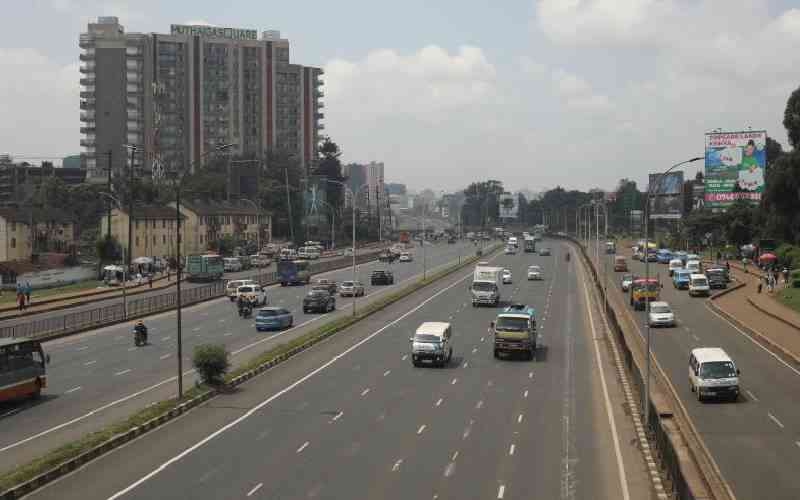×
The Standard e-Paper
Kenya’s Boldest Voice

Daily, it is common for passengers to board or alight from anywhere along the road - a practice that not only endangers lives but also contributes to public transport chaos and confusion.
Neither is it strange for matatus to stop right in the middle to pick or drop passengers. Stopping at the few existing designated stages has long been forgotten thanks to lack of enforcement on the part of traffic police and city askaris.